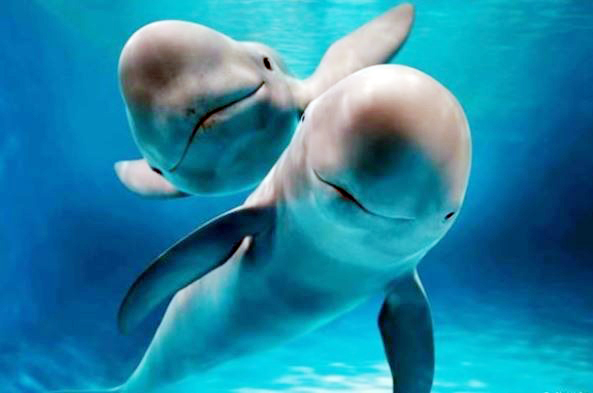
“Global warming” is no longer a new subject in our society today. The advent of technology has allowed meteorologists to precisely measure the validity of global warming by computing annual ocean levels and ocean surface temperatures. Meteorologists have raised concerns about the globally rising temperatures and warn that these changes in the environment can negatively affect and even devastate ecosystems on Earth. As a marine life connoisseur and owner of multiple tropical fish, this news worries me. What is more alarming is that the consequences of global warming are not the sole factor endangering the marine ecosystem. Just like humans, marine animals feel stress and the rising human influence on nature is stressing the marine ecosystem, jeopardizing the lives of marine animals each day. Take the Taean Oil Spill for example. The human-made catastrophe has spilled tons of tar into the ocean, killing many innocent animals including fish and birds. Not only the oil spills by corporations but boat traffic caused by fishing boats, cargo ships, leisure cruises, yachts, ocean sports vehicles and many others also endanger the marine ecosystem.

In order to gather more information on how marine biology is stressed from the everyday human activities on the ocean, I interviewed Laetitia Smoll, who is currently in the process of her PhD studies at University of Queensland. She specializes in the studying hormones in dugongs and manatees, and how different stress factors such as temperature, illness, pollution, and boat traffic affect marine biology. Smoll states that “The sharks and dolphins are not the only animals that are stressed. Marine animals that receive less attention such as oysters, are also stressed and can be deformed from stress”. She emphasized this point saying that “the deformation of oysters may seem minimal, yet small changes can accrue and damage the marine ecosystem as a whole in the long run”. Moreover, she noted the consequence of human activities on the ocean saying that, “human activities such as gas exploration and ocean mapping require heavy machinery, which kill zooplanktons in great numbers and damage the marine ecosystem as zooplanktons are the base of the food chain”. Smoll warns that human activities, even those that seemingly don’t hurt the environment such as cruises or leisure activities, are all stress factors for the marine ecosystem.

While more caution should be directed towards the human activities on oceans, it is true that many of these activities such as fishing or gas exploration are necessary for human life and can not be stopped immediately. According to a study conducted by researchers from UBC (University of British Columbia) and GEOMAR Helmholtz Centre for Ocean Research Kiel, “the biomass of the world's most important species are far below the level for optimal catches'' (Frose). Dr. Rainier Frose from the GEOMAR research centre states that “82 percent are below the level that can produce maximum sustainable yields” (Frose). He emphasizes the issue of overfishing, which has led fishers to catch less and less while fishing for longer durations of time. This issue not only raises a concern for fishers and fisheries, but the breakdown of equilibrium in marine biology. Fortunately, some are optimistic about marine biology as many stress factors have reduced due to the COVID-19 pandemic. In his National Geographic article, Craig Welch states “Seas quited by pandemic could reduce stress and improve health in whales” (Craig). He believes that the pandemic can recover equilibrium in the marine ecosystem and efforts after the pandemic can relieve some of the stress on marine animals.
While the COVID-19 pandemic is allowing the ocean to recover, the positive results will only last temporarily. The well-being of marine animals is forever endangered without global human efforts to reduce chronic stress for marine biology. As Laetitia Smoll from University of Queensland and Dr. Rainier from GEOMAR Helmholtz Centre have emphasized, it is crucial for our society to acknowledge that its activities are causing global warming and stressing marine biology. If global concern on the slowly dying marine ecosystem remains absent in the future, we may not only lose a valuable ecosystem but also many other ecosystems that are closely knitted with the marine ecosystem.

Seungjun Matthew Shin
Grade 10
Korea International School

